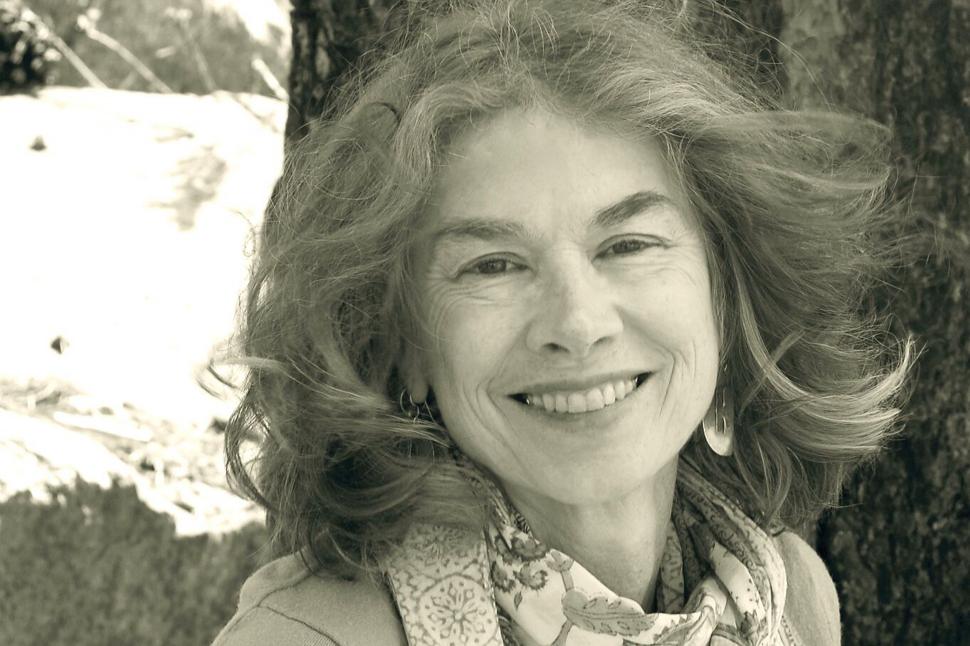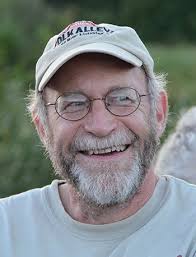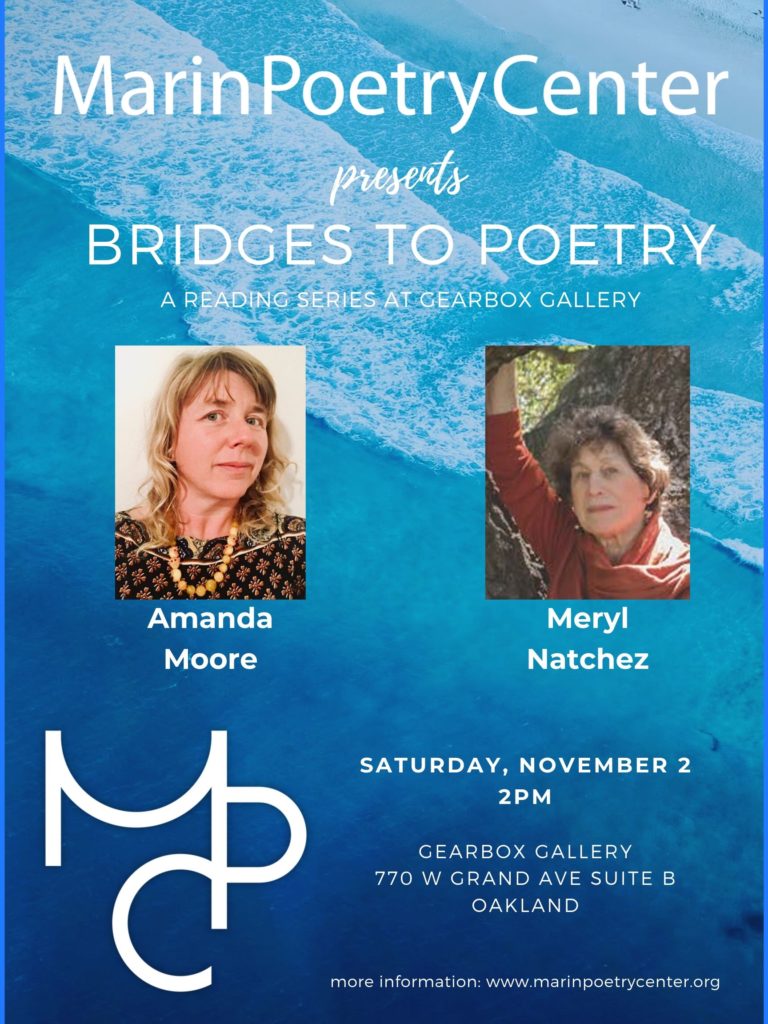 Something about the way this word is often used sets my teeth on edge–a whiff of self-satisfaction? Of hypocrisy? In any case, that made me doubly pleased to find a poem by Jon Davis with this title that I like without those reservations. It seems appropriate for today, especially as he is the director of the low residency MFA in Creative Writing at the Institute of American Arts:
Something about the way this word is often used sets my teeth on edge–a whiff of self-satisfaction? Of hypocrisy? In any case, that made me doubly pleased to find a poem by Jon Davis with this title that I like without those reservations. It seems appropriate for today, especially as he is the director of the low residency MFA in Creative Writing at the Institute of American Arts:
Gratitude
Forget each slight, each head that turned
Toward something more intriguing—
Red flash of wing beyond the window,
The woman brightly chiming
About the suffering of the world. Forget
The way your best friend told the story
Of that heroic road trip, forgetting that you drove
From Tulsa to Poughkeepsie while he
Slumped dozing under headphones. Forget
The honors handed out, the lists of winners.
Forget the certificates, bright trophies you
Could have, should have, maybe won. Continue reading “Gratitude”
 This excerpt is from Brenda Hillman’s most recent book, Extra Hidden Life Among the Days. I had a hard time with it at first, but took a workshop that helped me understand the poems are about struggling to come to terms with the ecological disasters of the current moment, trying to find a way to make poetry in the midst of political, social, and natural disaster. Here’s a brief section from the book:
This excerpt is from Brenda Hillman’s most recent book, Extra Hidden Life Among the Days. I had a hard time with it at first, but took a workshop that helped me understand the poems are about struggling to come to terms with the ecological disasters of the current moment, trying to find a way to make poetry in the midst of political, social, and natural disaster. Here’s a brief section from the book:
 God Is Not Right, He Is Big
God Is Not Right, He Is Big
 This form, from the Japanese, was originally mostly used for travel journals–prose, then a haiku. But in English-language hands, it has become slipped into a looser form, a new way to write about whatever. Here’s one I particularly like:
This form, from the Japanese, was originally mostly used for travel journals–prose, then a haiku. But in English-language hands, it has become slipped into a looser form, a new way to write about whatever. Here’s one I particularly like: